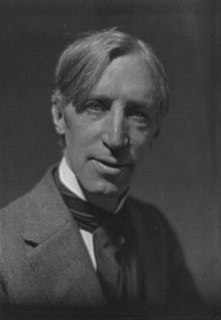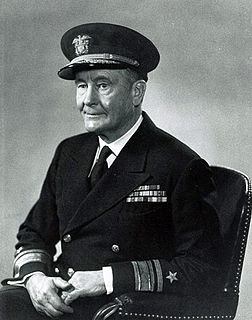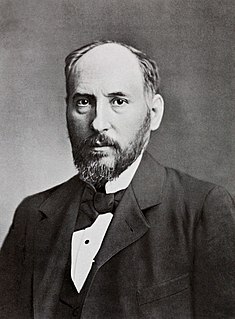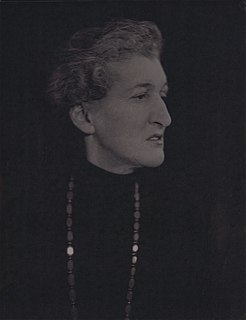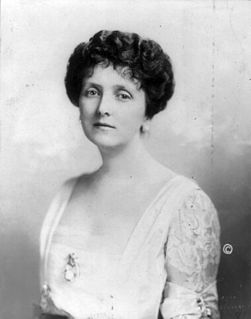A Quote by Oscar Wilde
It is a vulgar error to suppose that America was ever discovered. It was merely detected.
Related Quotes
In fourteen hundred ninety-two Columbus sailed the ocean blue and discovered America. Now, some have argued Columbus actually discovered the West Indies, or that Norsemen had discovered America centuries earlier, or that you really can't get credit for discovering a land already populated by indigenous people with a developed civilization. Those people are communists. Columbus discovered America.
America was discovered accidentally by a great seaman who was looking for something else; when discovered it was not wanted; and most of the exploration for the next fifty years was done in the hope of getting through or around it. America was named after a man who discovered no part of the New World. History is like that, very chancy.
When things get bad enough, then something happens to correct the course. And it's for that reason that I speak about evolution as an error-making and an error-correcting process. And if we can be ever so much better - ever so much slightly better - at error correcting than at error making, then we'll make it.
In 1492, the natives discovered they were indians, discovered they lived in America, discovered they were naked, discovered that the Sin existed, discovered they owed allegiance to a King and Kingdom from another world and a God from another sky, and that this God had invented the guilty and the dress, and had sent to be burnt alive who worships the Sun the Moon the Earth and the Rain that wets it.



